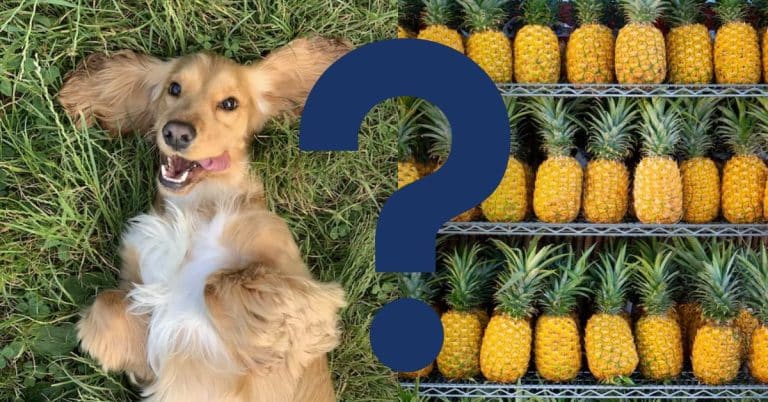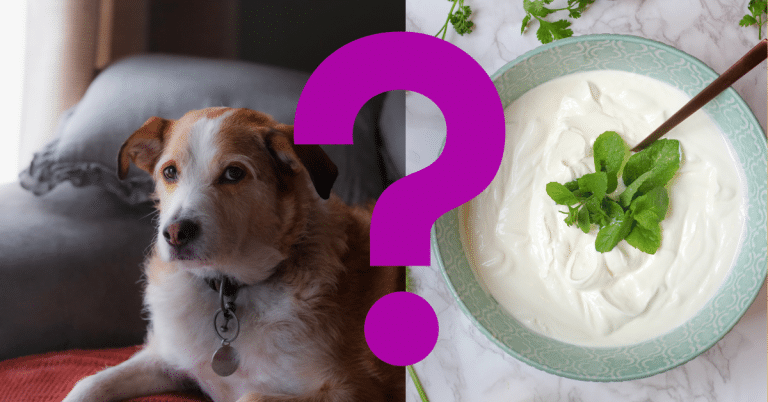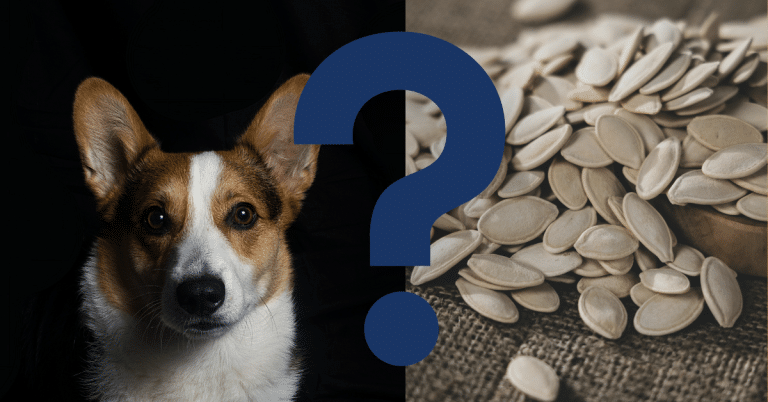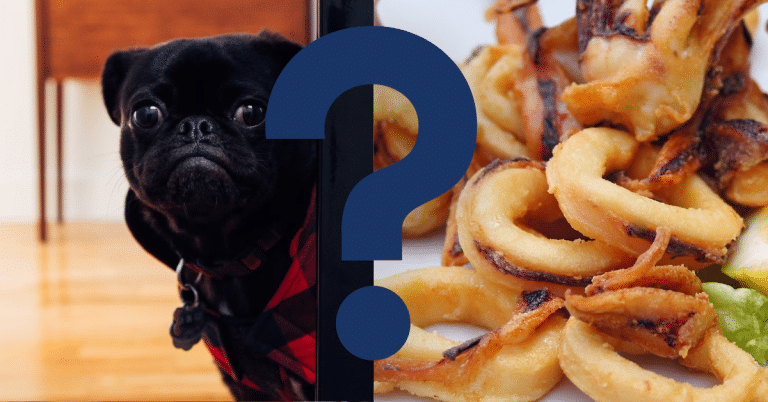Can Dogs Eat Baked Beans? A Vet’s Opinion

Popular baked beans are made with cooked beans, usually navy or haricot beans, and a savory sauce, but can you feed baked beans to your dog?
Although technically possible, dogs are not advised to eat baked beans. Onions, garlic, and perhaps even sugar or other chemicals are frequently included in baked beans, which can be bad for dogs. Additionally, dogs who consume baked beans may become poisoned with sodium. It is advised to avoid giving your dog baked beans and to stick to a balanced meal designed just for dogs. A veterinarian should always be consulted before adding new foods to your dog’s diet.
Benefits Of Baked Beans For Dogs
Baked beans can offer dogs some nutritional benefits when made without dangerous substances. It’s crucial to remember that baked beans should be consumed in moderation as part of a healthy diet. The following are some possible advantages of baked beans for dogs:
Protein
A fantastic source of plant-based protein is baked beans. Baked beans like haricot or navy beans are high in protein, which is necessary for dogs’ overall growth, muscular development, and healing.
Fiber
Dietary fiber, which can support a healthy digestive system in dogs, is present in baked beans. Fibre helps to control bowel motions, avoid constipation, and support balanced gut flora.
Essential Nutrients
Baked beans include a variety of critical nutrients, including vitamins and minerals. These can include, among other things, folate, potassium, iron, and magnesium. Even though the amounts might not be significant, they can help your dog’s overall nutrient intake.
However, it is essential to take into account any potential drawbacks and dangers connected with feeding baked beans to dogs:
Ingredients detrimental to dogs include onions, garlic, sugar, and salt, all frequently found in commercially made baked beans. These components raise the danger of salt poisoning, harm red blood cells, upset the digestive system, and promote fat.
In conclusion, although baked beans might offer some nutritional advantages to dogs, it’s essential to consider the hazards and ensure they are made without dangerous components. Before introducing any new food to your dog’s diet, it is always advised to speak with a veterinarian to ensure it meets their nutritional needs and any pre-existing medical concerns.

How To Safely Give Baked Beans To Dogs
If you still want to, feeding your dog baked beans safely and in moderation is crucial. Following are some suggestions:
Homemade Preparation
If you’re making baked beans for your dog mainly, you should do so. Because you are in charge of the ingredients, you can guarantee they are suitable for canine ingestion.
Pick The Right Beans
Go for cooked, simple beans like navy or haricot without flavor or unhealthy substances. Beans with additional salt, sugar, onions, garlic, or spices should not be used, as these ingredients can poison dogs.
Cook Beans Fully
Ensure the beans are fully cooked until they are tender and straightforward to mash. It aids in making dogs more digestible.
Wash The Beans Thoroughly
After cooking, thoroughly rinse the beans to remove any leftover salt or substances. As a result, the salt content is decreased.
Portion Control
The key is moderation. Gradually incorporate baked beans into your dog’s food and observe how they react. Start with a modest quantity, like a teaspoon, and watch to see how well-behaved your dog is with it. You can gradually raise the amount over time if there are no adverse side effects.
Mix With The Usual Food
Combine a small amount of baked beans with your dog’s usual, well-balanced diet rather than serving them separately. It keeps the dog’s nutritional profile balanced and keeps them from consuming too many beans.
Monitor Your Dog
After giving your dog baked beans, watch their behavior and general health. Look for any signs of gastrointestinal distress, such as vomiting, diarrhea, or more gas. Stop giving baked beans and seek veterinary advice if any adverse effects appear.
Consult A Veterinarian
Speaking with a veterinarian before including baked beans in your dog’s diet is always advisable. They may assess the particular dietary requirements of your dog, as well as any existing medical concerns, and offer tailored advice regarding whether baked beans are safe for your dog.
While baked beans could have certain nutritional advantages, they should always maintain a balanced, carefully designed dog food. Dogs’ dietary needs differ from those of people. Thus, a complete and balanced meal should be their primary nourishment source.
Will Baked Beans Make A Dog Sick?
Dogs who eat baked beans may develop several illnesses and become ill. Here are a few potential issues:
GI Distress: Baked beans, particularly ones made with hazardous components like onions, garlic, or too much salt, can make dogs feel sick. Vomiting, diarrhea, stomach pain, or abundant gas are possible symptoms.
Sodium Poisoning: Baked beans frequently contain high quantities of salt, which is hazardous for dogs and can cause sodium poisoning. Excessive salt consumption can cause sodium poisoning, which can cause symptoms like extreme thirst, dehydration, increased urination, lethargy, tremors, seizures, and in severe cases, even death.
Pancreatitis: Pancreatitis in dogs can be brought on by the high-fat level of some baked bean recipes. A pancreas inflammation known as pancreatitis can result in severe abdominal pain, nausea, vomiting, diarrhea, appetite loss, and other digestive problems.
Allium Toxicity: Dogs may be poisoned by baked beans cooked with components like onions or garlic. Compounds found in allium plants can harm a dog’s red blood cells and cause anemia. Some symptoms include weakness, pale gums, sluggishness, fast breathing, and black urine.
Digestive Problems: Some dogs may have trouble adequately digesting beans, even the ones used in baked beans. It may cause bloating, gas, and pain. Due to eating a lot of beans, certain dogs may also be more prone to developing digestive obstructions or blockages.
Obesity: Commercial baked beans frequently include additional sugars and a high-calorie content, which can lead to obesity and weight gain. Regularly feeding dogs can lead to weight gain and obesity, which can cause several health issues like diabetes, joint difficulties, and a decreased quality of life.
Given these potential issues, it’s advised to either refrain from giving baked beans to dogs or only do so with a veterinarian’s approval. It’s crucial to seek veterinary care immediately if you think your dog may have eaten baked beans or is displaying any symptoms of illness.
Can dogs eat baked beans variations?
Yes, specific varieties of baked beans can be consumed by dogs as long as they are made without dangerous substances. Here are a few secure alternatives to baked beans for canines:
Plain beans: Dogs can consume basic, cooked beans such as navy beans, haricot beans, or kidney beans without problems. No additional spice, salt, onions, garlic, or hazardous additives should be used when making these.
Homemade Baked Beans: If you decide to make baked beans from scratch specifically for your dog, you can follow a straightforward recipe that calls for cooked beans and none of the seasonings, salts, or sugars. The beans can be cooked in water until tender, then mashed to make a canine-friendly variation of baked beans.
Low-Sodium Baked Beans: Before giving your dog low-sodium or no-salt-added canned baked beans, thoroughly rinse them to lower sodium. However, carefully examine the ingredient list and ensure no dangerous additives exist.
Beans as a Component: You can add plain boiled beans to your dog’s regular meals instead of serving baked beans as a separate dish. Mix a tiny amount of cooked beans to give some variation and nutritional value to their regular, balanced meal.
No matter the variation, it’s essential to offer baked beans to dogs in moderation and watch how they react. While some dogs may tolerate beans well, each dog is different. Therefore, some dogs may develop stomach issues or other adverse reactions, so it’s always best to consult a vet.

Vet’s Summary
Due to additives like onions, garlic, too much salt, and added sweeteners, baked beans may be toxic to dogs. While cooked beans in their simple form can have some nutritional advantages, it’s essential to prepare them at home without any harmful chemicals. Dogs fed baked beans may experience digestive distress, salt poisoning, pancreatitis, allium toxicity, digestive problems, and weight gain. Before introducing any version of baked beans into a dog’s diet, it is advisable to speak with a veterinarian to ensure it is secure and suitable for their particular requirements.
Given the hazards and digestive problems related to baked beans, dog owners should consider providing their dogs with probiotic supplements. Probiotics can enhance digestive health, a balanced gut flora, and general gastrointestinal wellness in dogs. These dietary supplements include beneficial bacteria that can aid in restoring and maintaining a healthy balance of the gut microflora. It is crucial if the dog has digestive sensitivities or has recently finished an antibiotic treatment. However, because every dog has unique needs, it is essential to speak with a veterinarian to identify the best probiotic supplement and dosage for your dog. The doctor can advise and suggest a high-quality probiotic supplement designed especially for dogs to ensure maximum benefits without side effects.
Videos To Watch
If you are wondering if you can give your dog baked beans, watch this:
And if you want to know what a dog can NOT eat, watch this:






